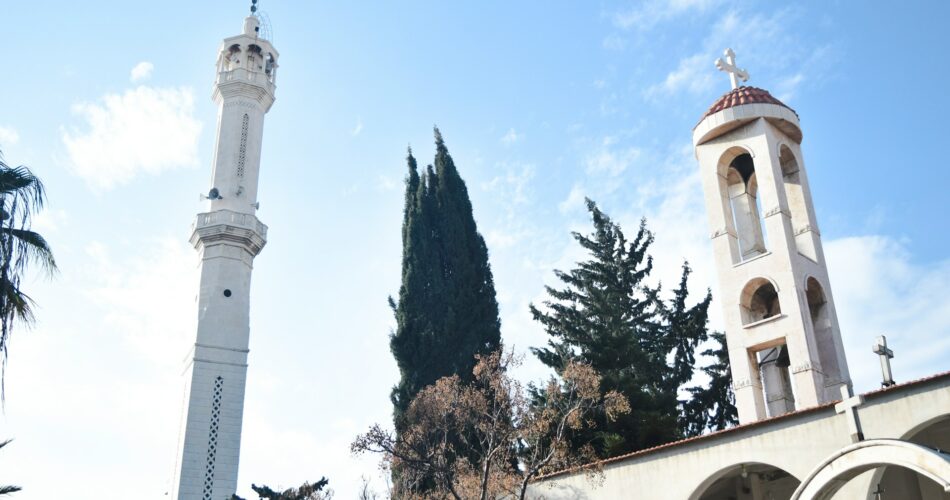They still have questions.
Christian leaders in Syria are expressing uncertainty after a meeting with the country’s new head of government, Ahmad al-Sharaa, following his administration’s takeover in December 2024. Despite discussions on key issues such as the future of the Syrian Constitution and the country’s approach to democracy and equality, no clear commitments were made, leaving Christian representatives uneasy about their position in the evolving political landscape. Attendees at the meeting included Father Ibrahim Faltas and Father Rami Elias, who both highlighted the ambiguous nature of al-Sharaa’s intentions.
While al-Sharaa reassured the delegation that the interests of the Christian community would not be disregarded, Father Elias voiced concerns that the situation remains unclear. He suggested that the Christian leaders should consider drafting their own recommendations for potential constitutional amendments, hoping to influence the future direction of the country. The meeting, which included representatives from several Christian denominations, did not include three patriarchs of the Antiochian See, who opted to send their own delegates.
The meeting occurred against the backdrop of rising tensions among minority groups, particularly following the Islamist-led coalition’s rise to power. The country remains deeply divided after years of civil war, with minority communities like Christians and Alawites increasingly worried about their safety and representation. The recent attack on a Christian Christmas tree and incidents involving Alawite shrines have only added to the fears of these groups. There is growing skepticism about whether the new government can protect these minorities from sectarian violence and ensure stability.
In addition to internal concerns, international attention is also focused on Syria’s new government. U.S. officials have expressed concerns over ongoing violence and the treatment of minorities, with envoy Daniel Rubinstein pressing for clarifications about alleged human rights abuses. Al-Sharaa’s government has denied involvement in any attacks on minority groups, instead attributing such incidents to other factions. Furthermore, the new administration has reached out to Kurdish representatives to expand its support base, though the complex relationships between Kurdish groups and Islamist factions complicate any potential alliances.
Al-Sharaa, formerly known as Abu Mohammed Al Jolani, has a history as a leader of Hayat Tahrir al-Sham (HTS), an Islamist group with roots in al-Qaeda. Since distancing his group from al-Qaeda in 2016, al-Sharaa has sought to reposition HTS as a more nationalistic and ultraconservative force within Syria’s opposition. His government now faces the significant challenge of maintaining stability in a fractured country and ensuring the protection of vulnerable minority groups as Syria’s political future remains uncertain.
